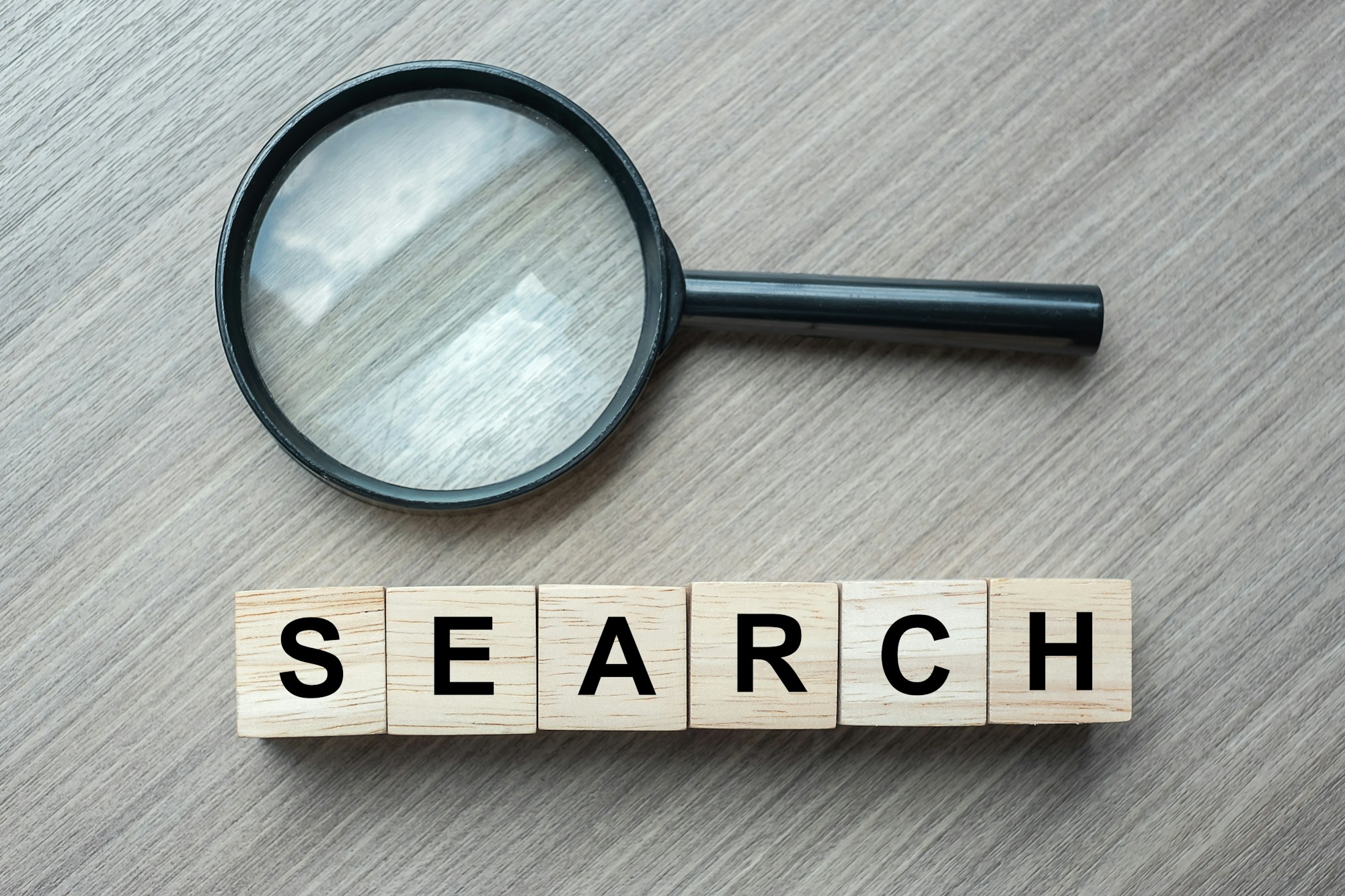Google has been the top choice for internet searches for years because it’s easy to use and seems to know everything. But lately, some users have noticed that Google might not be as reliable as it used to be. For example, there have been cases where Google’s knowledge panels showed incorrect information, such as mistakenly declaring someone dead. This raises concerns about how accurate Google’s search results are.

New Players and Fresh Challenges
Even though Google is still the biggest name in search engines, new competitors are starting to offer different options. Companies like Kagi and DuckDuckGo focus on privacy and providing a cleaner search experience, which might attract users who are tired of Google’s ad-filled results. Additionally, AI technologies like ChatGPT are creating more interactive and accurate search tools, which could change what people expect from search engines.
Market Power and Legal Scrutiny
Google’s large share of the search engine market has led to scrutiny from regulators around the world. There are accusations that Google engages in anti-competitive practices and concerns about its influence over public information. These legal challenges pose questions about how Google will maintain its position while complying with regulations and meeting the changing needs of users.
Changes in Google’s Search Technology
Google is always updating its algorithms to better handle the huge amount of information online and answer user questions more effectively. However, people are debating how well these updates actually work. Google uses AI and machine learning in these updates, aiming to make search results more relevant and accurate.
The Bigger Picture: Google’s Impact on Society and Economy
Google’s control over search engine traffic has big implications for businesses and media. Its algorithms can influence what people see and talk about, affecting public discourse. Also, Google’s role in digital advertising shows how much it impacts the economic landscape of the internet.
Learn about the challenges Google faces, the rise of new competitors, and what its market dominance means for the future.

FAQs about Google Search and Its Challenges
Q1: Why are some users concerned about the accuracy of Google’s search results?
A1: Users are worried because there have been incidents where Google’s knowledge panels displayed incorrect information. For example, there have been cases of people being mistakenly declared dead. Such errors suggest that Google’s algorithms might not always be accurate, raising concerns about the reliability of its search results.
Q2: Who are Google’s main competitors, and what makes them different?
A2: Some of Google’s main competitors include Kagi and DuckDuckGo. These companies are gaining attention because they focus on privacy and offer a cleaner, less cluttered search experience. Unlike Google, which has a lot of ads, these competitors provide a more streamlined interface that some users find appealing.
Q3: How does Google’s dominance in the search engine market affect businesses and the economy?
A3: Google’s control over search engine traffic can significantly impact businesses and media. Its algorithms can influence what information is visible to the public, affecting public discourse and visibility of various issues. Additionally, Google’s significant role in digital advertising means it has a substantial impact on the economic landscape of the internet, shaping how businesses reach and engage with consumers.
Sources The Guardian



I don’t think the title of your article matches the content lol. Just kidding, mainly because I had some doubts after reading the article.
Hi! I’m at work browsing your blog from my new iphone 3gs!
Just wanted to say I love reading through your blog and look forward to all your posts!
Carry on the superb work!
Someone essentially help to make critically articles I’d state. This is the very first time I frequented your web page and so far? I amazed with the research you made to create this actual submit extraordinary. Great job!
I don’t think the title of your article matches the content lol. Just kidding, mainly because I had some doubts after reading the article.
Keep on writing, great job!